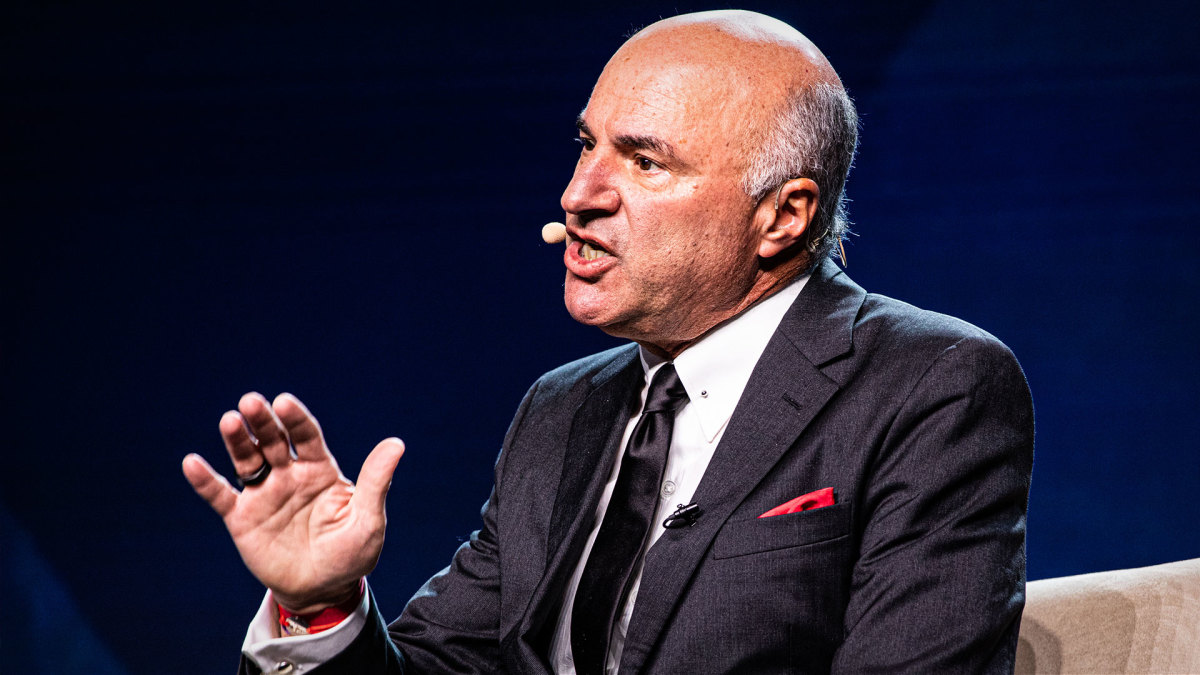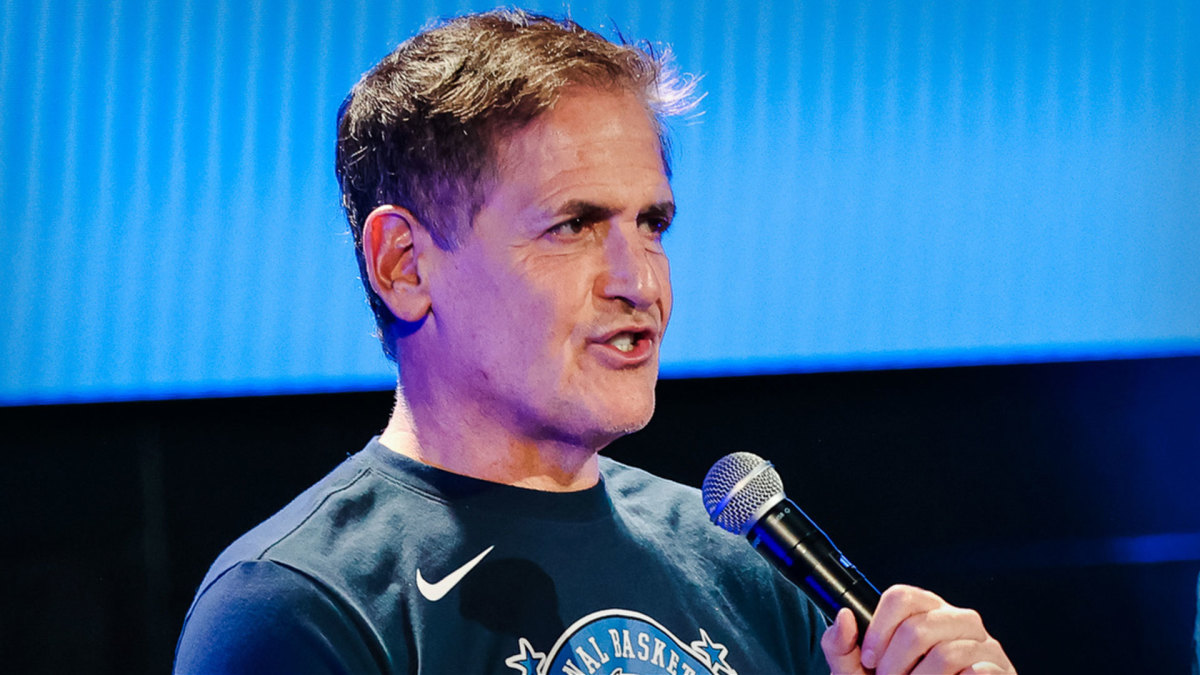3 Personal Finance Tips from Dave Ramsey Worth Living By
This post may contain links from our sponsors and affiliates, and Flywheel Publishing may receive compensation for actions taken through them. Dave Ramsey is a prominent American personal finance expert, author, and radio personality. The man is among the most widely-recognized in the industry for his practical approach to personal finance, and his focus on […] The post 3 Personal Finance Tips from Dave Ramsey Worth Living By appeared first on 24/7 Wall St..

compensation for actions taken through them.
Dave Ramsey is a prominent American personal finance expert, author, and radio personality. The man is among the most widely-recognized in the industry for his practical approach to personal finance, and his focus on providing those in debt with meaningful and easy-to-understand steps to get out of whatever predicament they may find themselves in. And there’s some pretty decent predicaments these folks have found themselves in.
Ramsey is a unique personal finance expert in that he has stuck around his roots in Tennessee, with a welcoming drawl and a personal story of financial demise that many can grasp onto. Having found success at a young age, Ramsey found his way to bankruptcy which led him to pivot toward a financial journey he uses to inspire others.
His methodology for debt repayment and creating a brighter financial future is not necessarily mainstream, but has been effective for millions who have listened to his advice and followed his steps.
Here are three of Ramsey’s key teachings I think any investor may want to consider at least thinking about as core financial principles to live by.
Key Points About This Article:
- Dave Ramsey is among the most well-known (and divisive) personal finance figures, with a unique set of principles he lives by.
- Here are three he espouses as central to living a prosperous and happy life, and ones I think are certainly worth paying attention to.
- 4 million Americans are set to retire this year. If you want to join them, click here now to see if you’re behind, or ahead. It only takes a minute. (Sponsor)
Establish an Emergency Fund

Establishing an emergency fund is a fundamental aspect of sound financial management. Starting with a goal of $1,000 allows individuals to create a safety net against unforeseen expenses like car repairs or medical bills. This initial amount provides immediate relief and helps avoid reliance on credit cards, which can lead to debt accumulation.
Once debts are managed, Ramsey recommends expanding the fund to cover three to six months of living expenses. This larger cushion ensures financial stability during significant life disruptions, such as job loss or unexpected emergencies.
To build this fund effectively, individuals should create a budget that prioritizes savings, automate contributions to a dedicated savings account, and consider using unexpected income, like tax refunds or bonuses, to boost their savings. By following these steps, one can cultivate financial security and peace of mind, making it easier to navigate life’s uncertainties without falling into debt.
In Debt? Utilize the Debt Snowball Method

The Debt Snowball Method is a powerful strategy for paying off debt that focuses on psychological motivation. By listing debts from smallest to largest and tackling the smallest first, individuals can experience quick wins that foster a sense of accomplishment. This method transforms the daunting task of debt repayment into manageable milestones, making the process less overwhelming.
As smaller debts are paid off, the freed-up cash flow can be redirected toward the next smallest debt, creating a “snowball” effect. This momentum is crucial for those who may feel discouraged by their overall debt load. While critics argue that the Debt Avalanche Method—paying off high-interest debts first—can save more on interest, Ramsey emphasizes that the snowball method’s emotional benefits often lead to greater long-term success for many people. By celebrating small victories, individuals build confidence and resilience, ultimately empowering them to tackle larger debts with renewed determination.
Live On Less Than You Make

Living on less than you make is a cornerstone of financial stability and wealth-building. This principle encourages individuals to adopt a frugal lifestyle, focusing on essential expenses and avoiding unnecessary purchases. By consciously choosing to spend less than your income, you create room for savings and investments, which are crucial for long-term financial health.
Dave Ramsey emphasizes the importance of avoiding debt, particularly from credit cards, which can lead to a cycle of overspending and financial strain. Instead, by prioritizing budgeting and saving, individuals can develop a more positive relationship with money, viewing it as a tool for achieving goals rather than a source of stress.
This approach also fosters patience and delayed gratification—qualities that are essential in today’s consumer-driven society. By resisting the urge for immediate satisfaction, individuals can make informed financial decisions that lead to greater security and freedom in the future. Ultimately, living below your means empowers you to build wealth and achieve financial independence.
The post 3 Personal Finance Tips from Dave Ramsey Worth Living By appeared first on 24/7 Wall St..

































































































































































